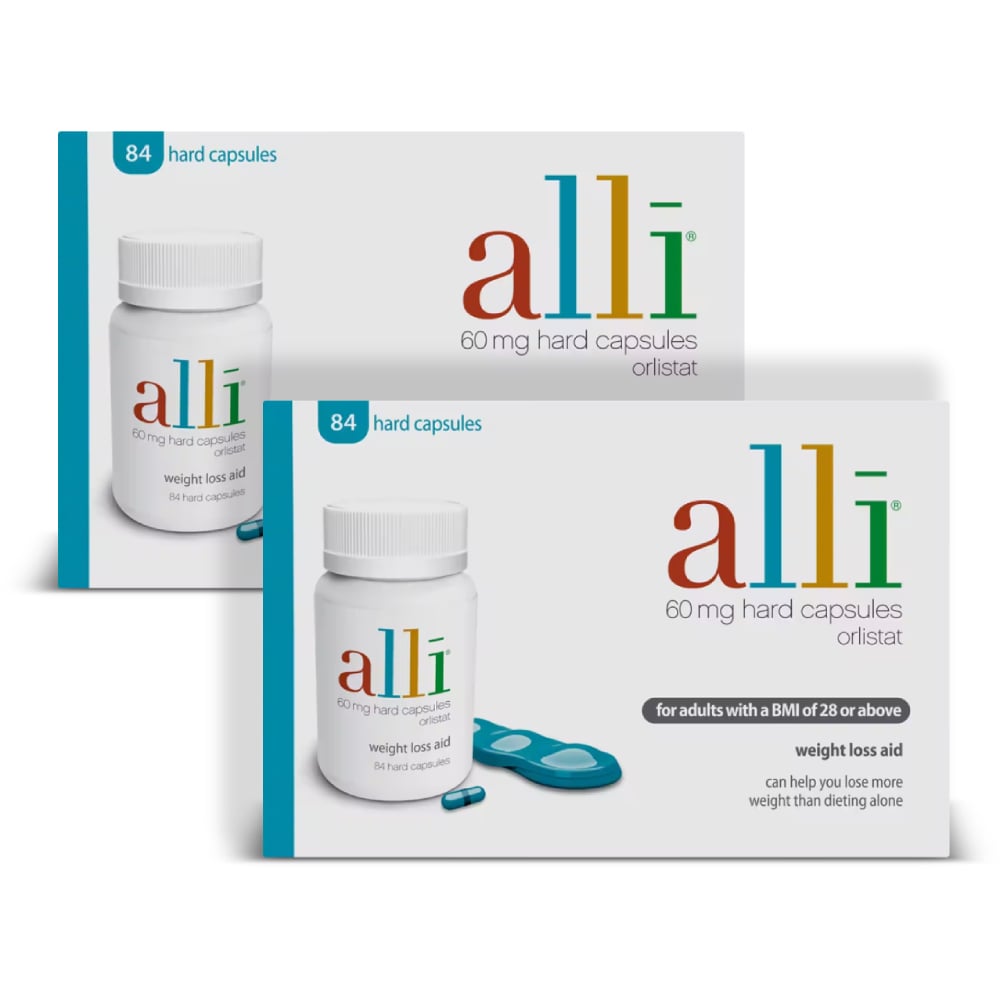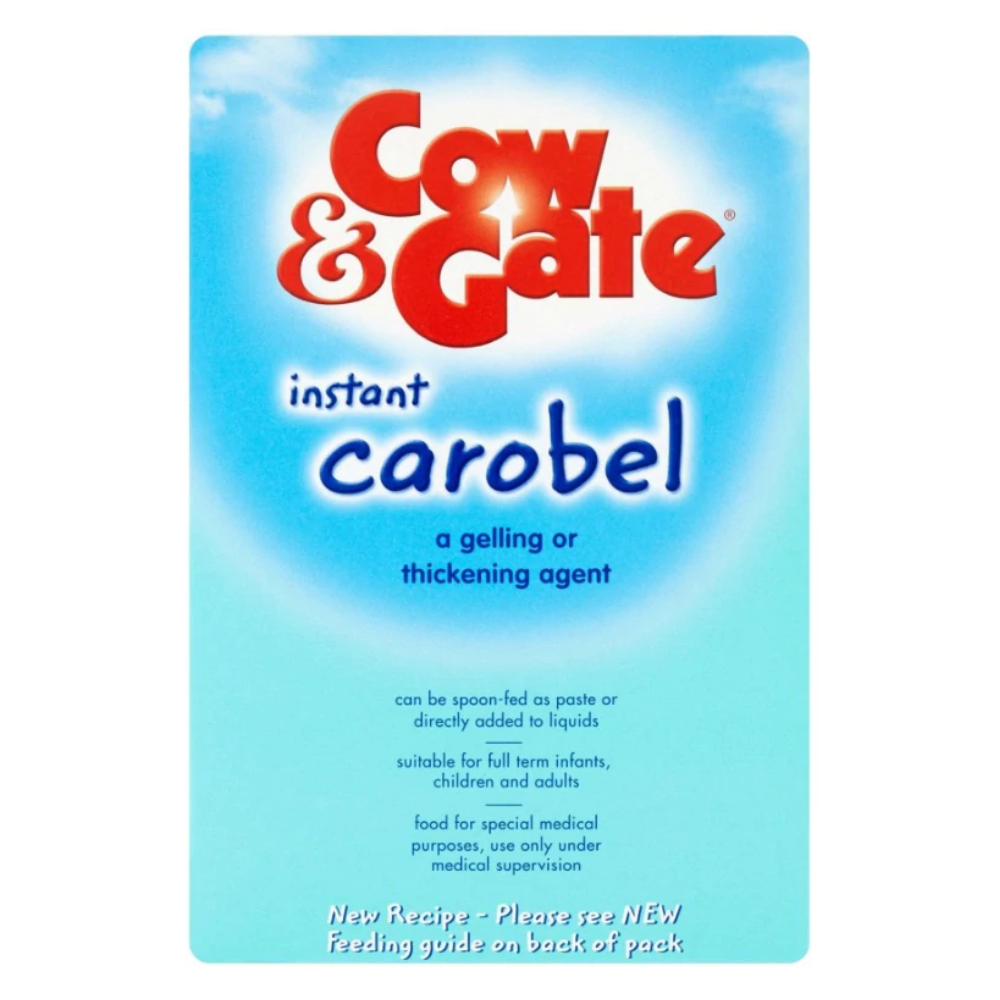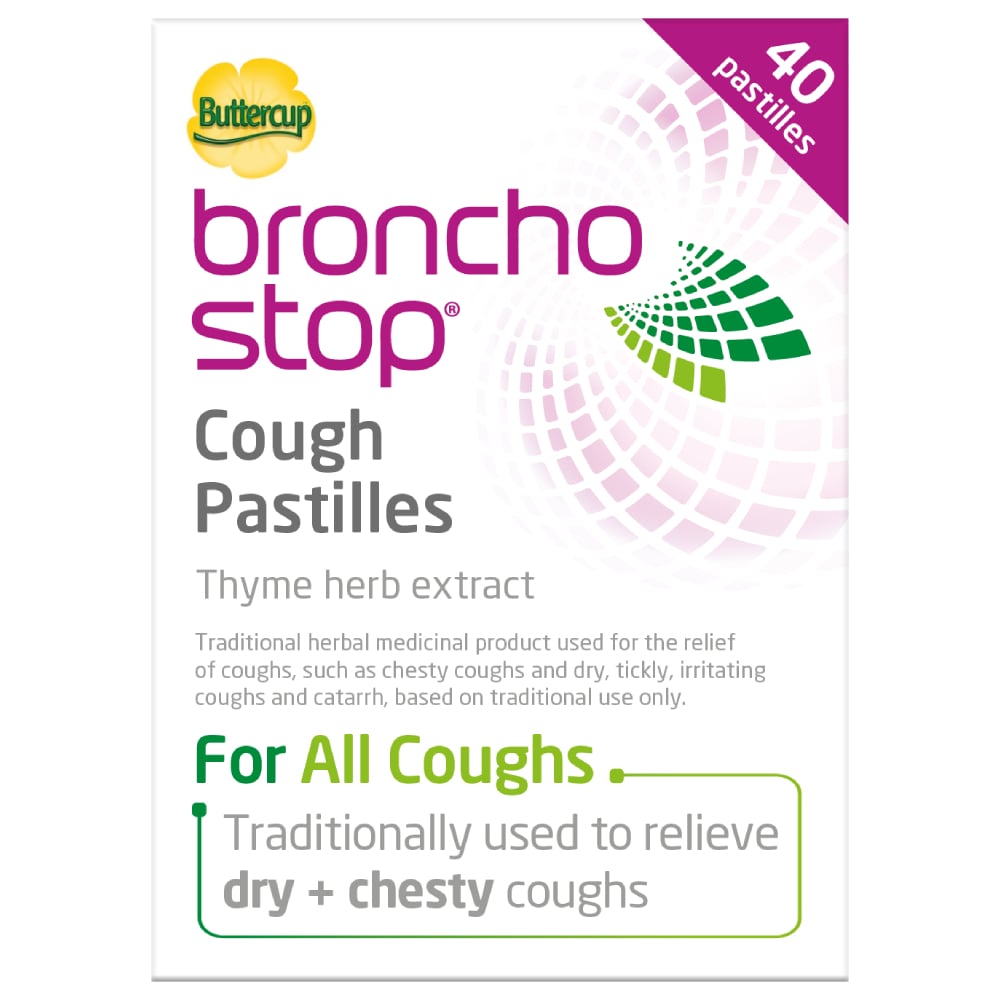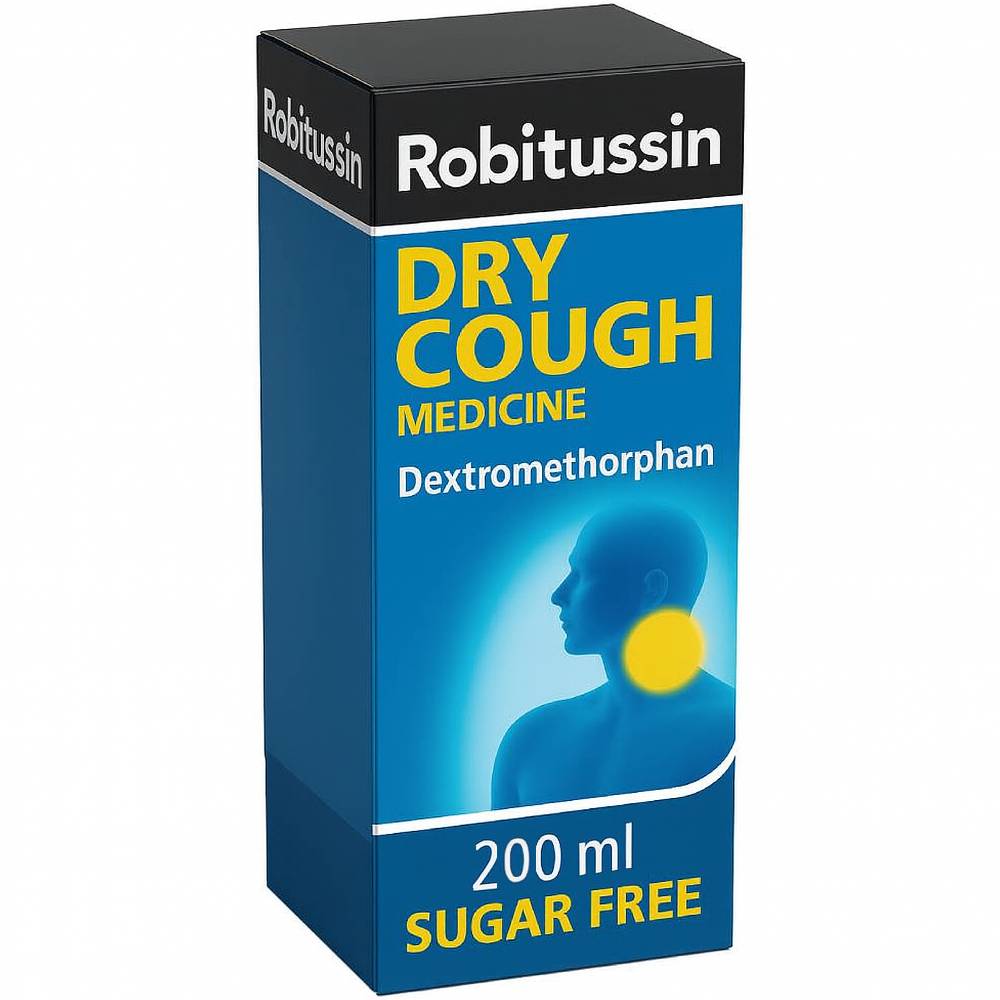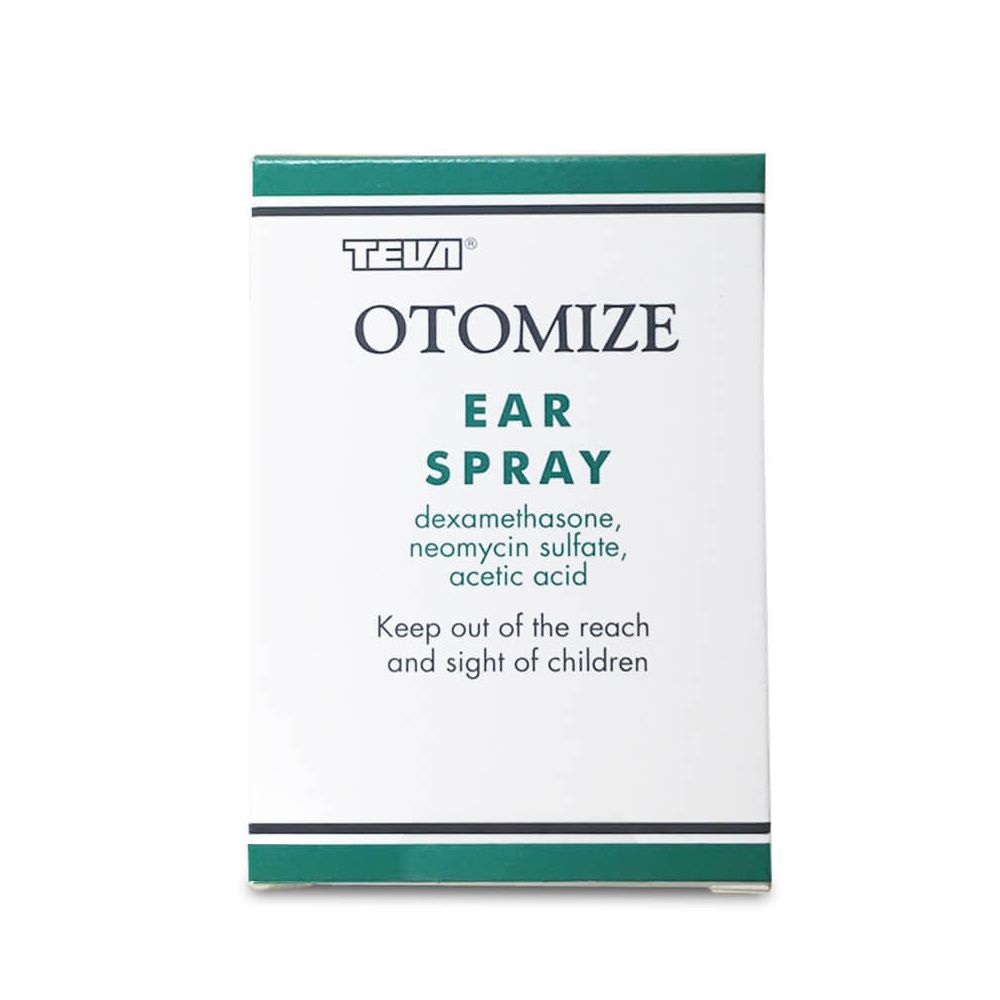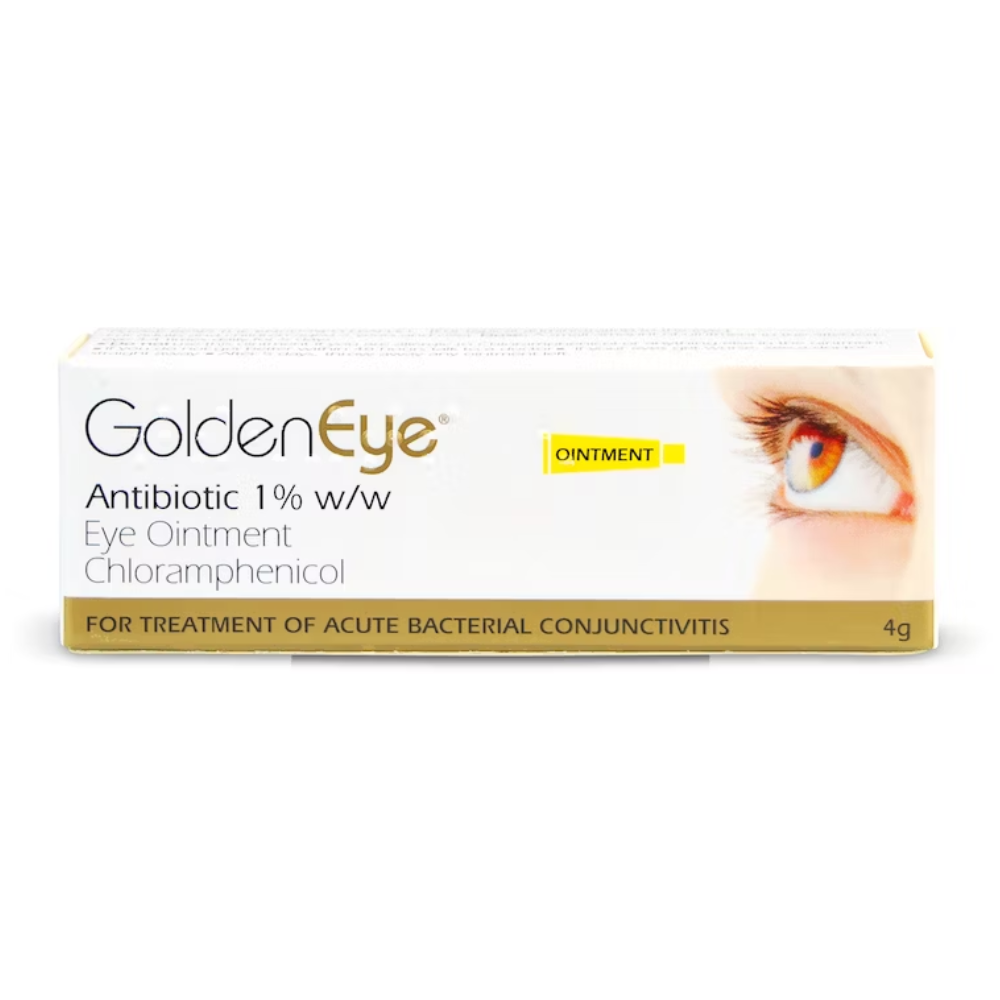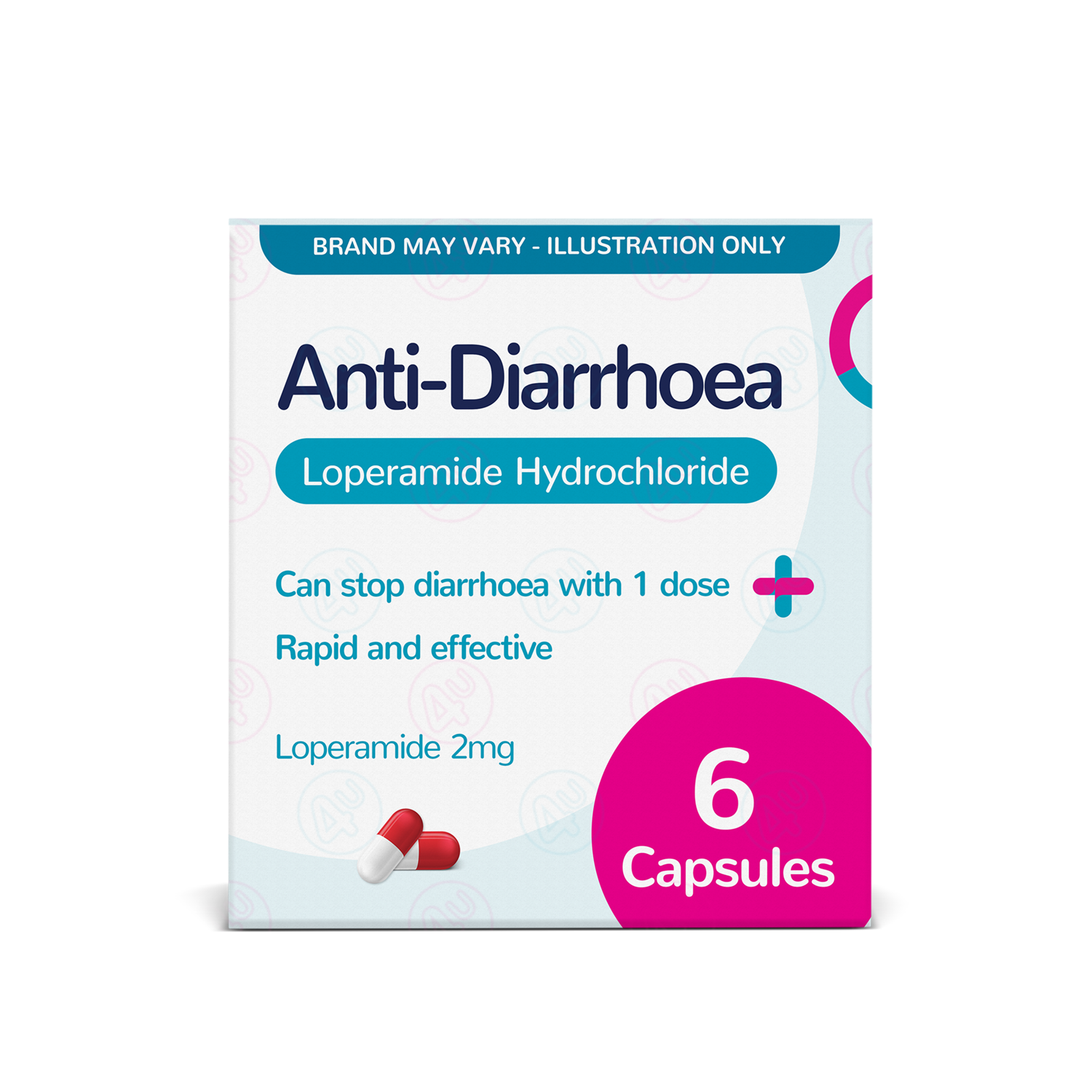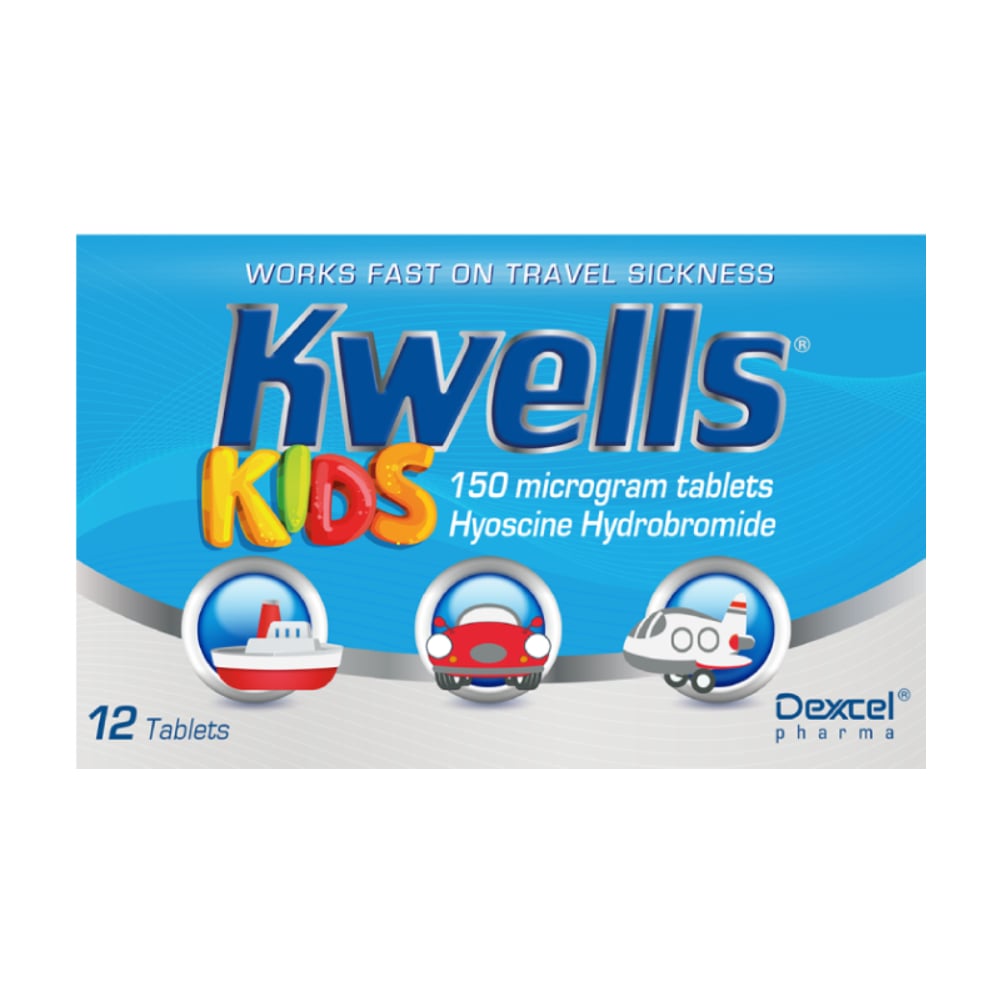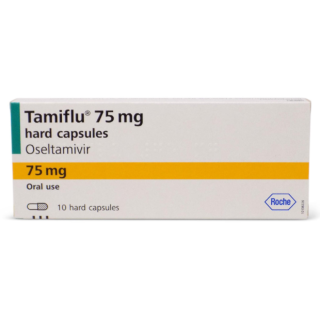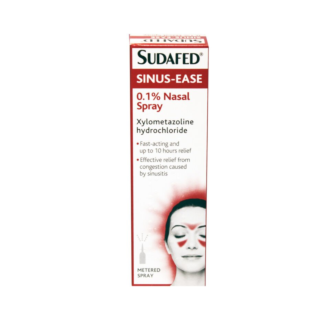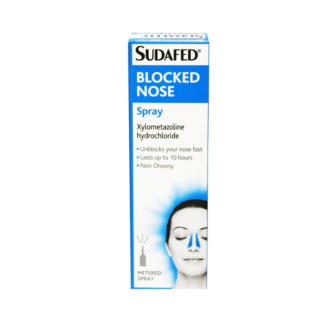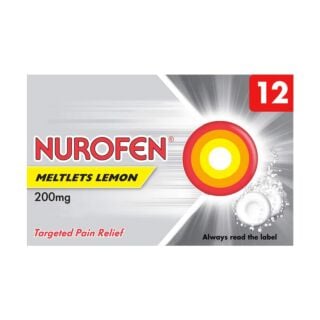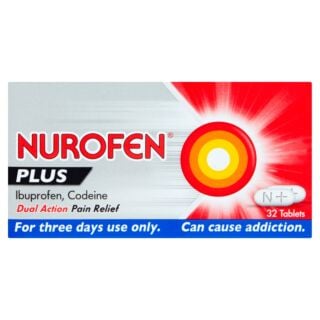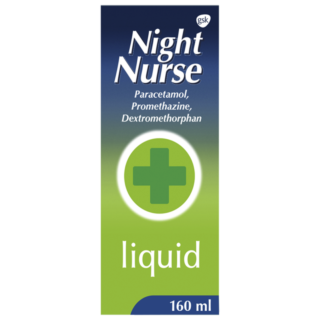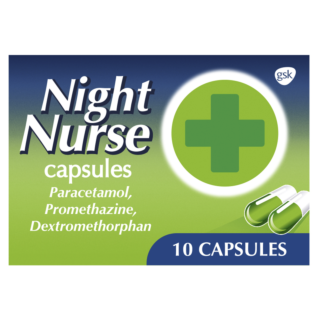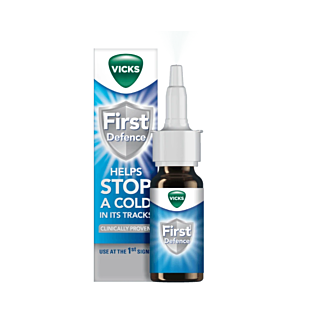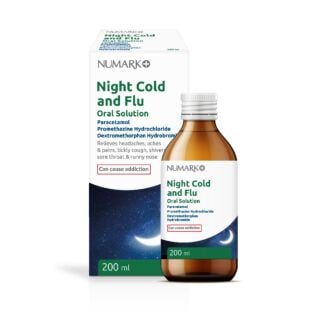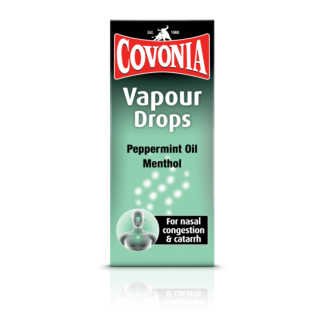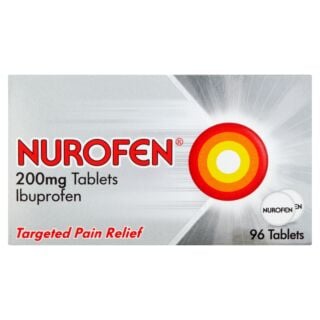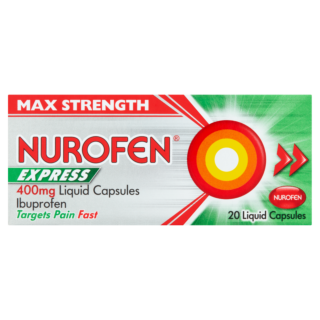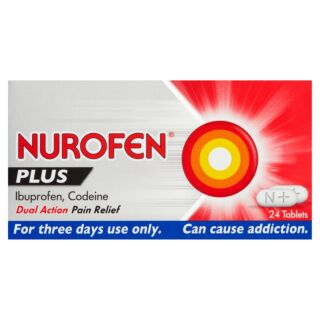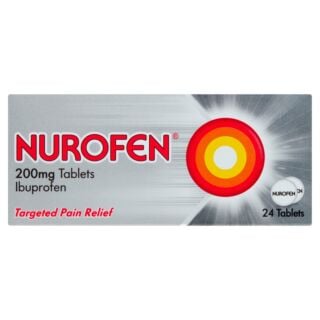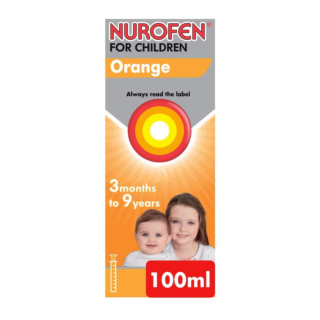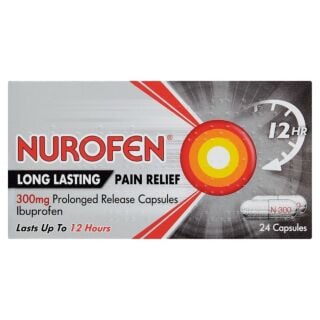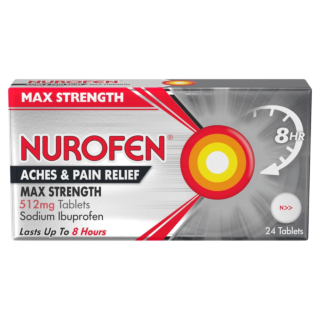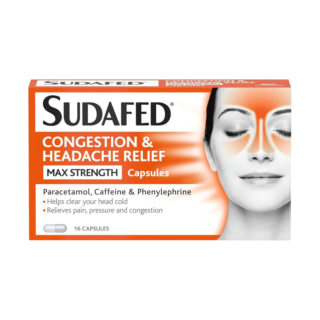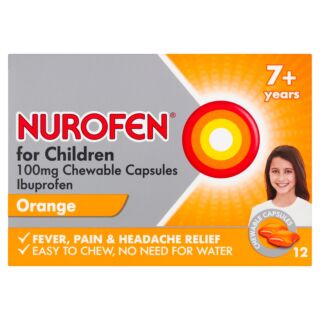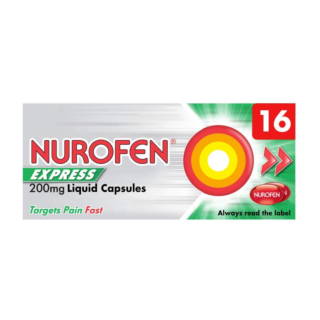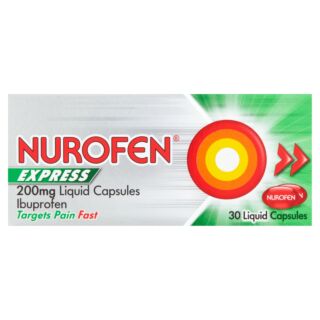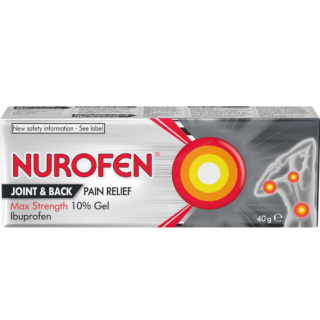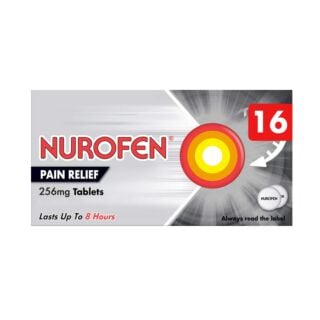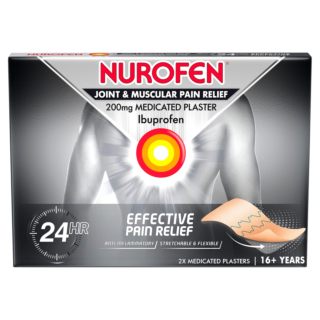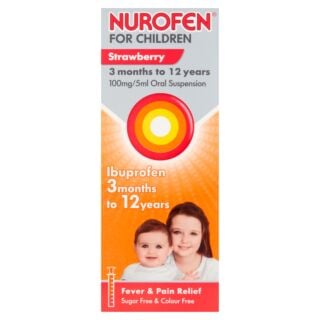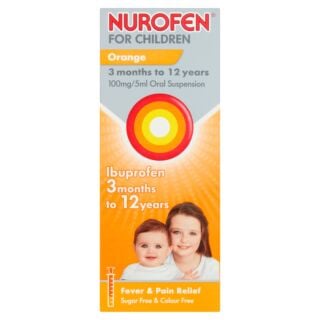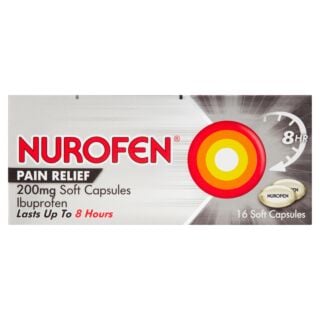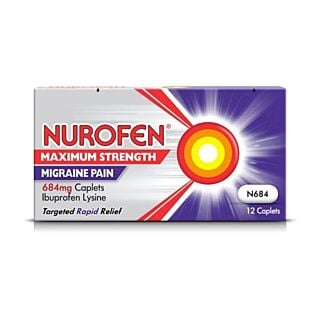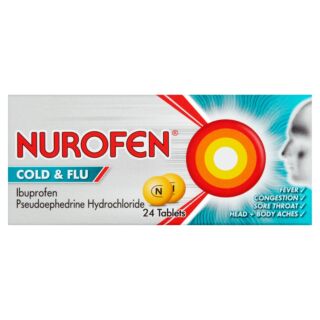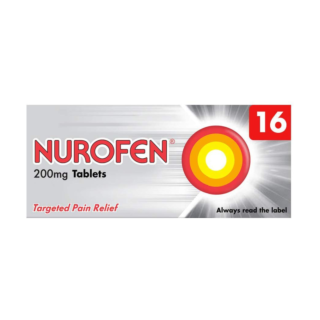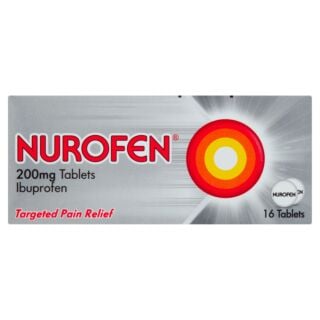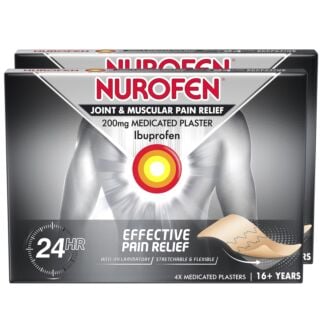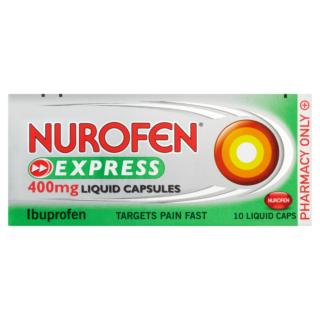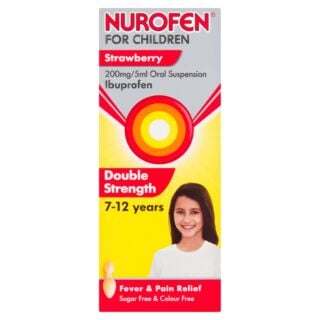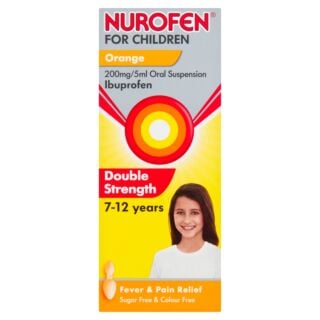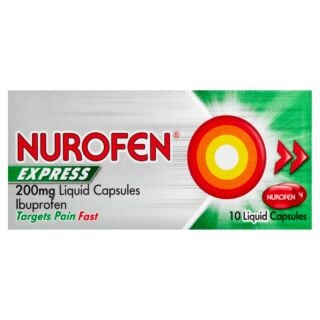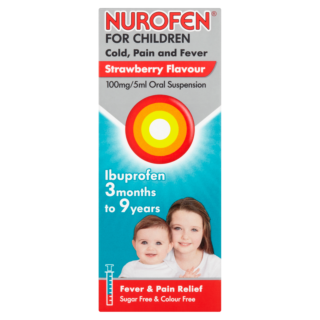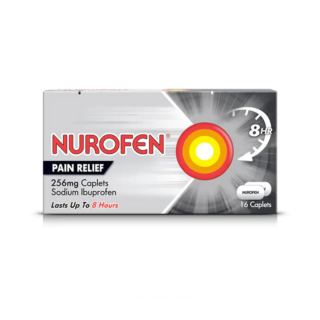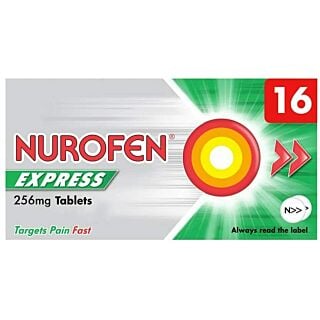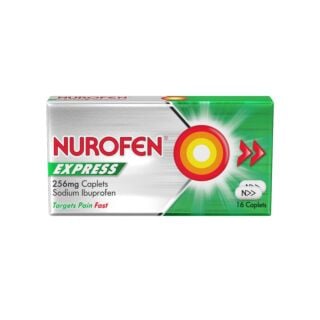Cold & Flu
We all know the feeling. You wake up and all the tell-tale signs are there. Your throat is burning, your nose is blocked, and your brain feels like it’s been stuffed with cotton wool. The worst part is… this is just the beginning.1 … Read More See less
But is it a cold or the flu? Both are contagious respiratory infections, but they’re caused by different viruses.2 While the symptoms are very similar, a flu tends to be more severe and more intense than a cold.2
Being able to tell the difference between cold and flu means you can reasonably predict what to expect for the next few days and treat the infection appropriately. Because all you want when you’ve got a cold or flu is to get better quickly.
So, let’s get you up to speed on all the differences between a cold and flu, the best way to get rid of a cold and how to prevent them in future.
What is a common cold?
A common cold is a mild, upper respiratory infection that affects your nose and throat.1,3,4 They’re known as ‘common’ because they are so, well, common.1 Most adults catch around two or three colds every year, and young children tend to catch even more than that.1,3
While a cold is typically harmless, it may not feel that way.3 It can last for up to ten days, with the symptoms evolving over that period from mild to severe to mild again.1,3 That means, when you’re at the beginning of the infection, there is worse to come. However, most people recover relatively quickly from a cold and have no lasting effects.1
What is flu?
The flu, also known as influenza, is a severe respiratory infection that affects your nose, throat and lungs.5,6 Most people catch flu during ‘flu season’, from December to March (in the UK).6,7 It is one of the most common infectious diseases.6
Flu tends to be more severe than a cold and can lead to serious complications if you have certain health conditions.6 As a result, it’s important to be aware if you have flu so that you can keep an eye on your symptoms and seek medical care if necessary.6 Flu can last between a few days to two weeks, but most people are able to recover within a week.6
Complications
Complications caused by flu include:5,6,8,9
-
- Infections – flu can weaken your immune system and allow bacteria to cause secondary ear, sinus and severe lung infections (pneumonia)
- Acute respiratory distress syndrome – pneumonia can lead to acute respiratory distress syndrome, which means your lungs aren’t working properly
- Toxic shock syndrome – this can occur if the influenza bacteria start to grow and produce toxins which spread into the bloodstream
- Worsening of respiratory diseases - such as asthma. According to our latest asthma statistics report, almost four in five (79%) people say that their asthma is mainly triggered by cold and flu.
You’re at higher risk of complications if you:6,7
- Have asthma, chronic obstructive pulmonary disease (COPD) or another chronic respiratory disease
- Have heart, kidney, liver, or neurological disease
- Have diabetes
- Have problems clearing your airway
- Have a weakened immune system
- Have a blood disorder
- Are at a higher weight
- Are under 5 years old or over 65 years old
- Have the flu while pregnant
- Gave birth less than two weeks ago
- Are under 19 years old and take aspirin regularly
Common cold symptoms
A cold appears gradually over a few days and includes symptoms such as:3,10,11
- A sore throat
- A blocked or runny nose
- Sneezing
- A cough
- A hoarse voice
- Feeling tired and unwell
You may also have:
- A high temperature (fever)
- Aching muscles
- A loss of taste and smell
- A feeling of pressure in your ears and face
What causes a common cold?
More than 200 different types of viruses can cause a cold.1 The most common virus to cause a cold is rhinovirus.1,3 But other types of viruses, such as coronaviruses, can also cause colds.1
Flu symptoms
Flu tends to appear rapidly, within a few hours, and includes symptoms such as:5,6,12
- A sudden high temperature (fever)
- Chills
- Body aches
- Feeling tired or exhausted
- A dry cough
- A sore throat
- A headache
- A runny or stuffy nose
- Loss of appetite
- Diarrhoea or stomach pain
- Nausea and vomiting
The symptoms are similar for children, but they are more likely to have ear pain, nausea, vomiting and diarrhoea.5,12
Because the symptoms of a cold and flu are so similar, the only way flu can be diagnosed is using a swab test for influenza.2,6
What causes flu?
Flu is caused by the influenza viruses A, B and C.5–7
Influenza A and B are prolific in the winter.6,7 Influenza A causes more severe symptoms and is responsible for outbreaks, epidemics and pandemics.7 Influenza B causes less severe symptoms but can still be responsible for outbreaks. Influenza C is the least severe form of the virus, causing symptoms similar to a cold, and occurs year-round.6,7
Swine flu and bird flu are both subtypes of influenza A.6 Influenza viruses are different from the gastric bug and sickness bug viruses that cause stomach bug symptoms, such as diarrhoea and vomiting.5
How does a cold or flu spread?
The viruses that cause a cold or flu spread extremely easily through direct or indirect contact with someone who’s infected.6 The virus travels through the air when someone with the infection coughs, sneezes or talks.5 It can then enter your body if you inhale these droplets or touch an object or surface contaminated by them and then touch your mouth, eyes or nose.3–6
If you have a cold, you can be contagious for up to two weeks or until your symptoms have gone.4,11 You can even spread the virus a day or two before you start displaying symptoms.4,11 However, you’re most contagious when your symptoms are at their worst.4,11
If you have flu, you are contagious from about a day before your symptoms appear and for up to seven days after they start.5 However, you’re most likely to spread the virus within the first five days.12 Children and people with weakened immune systems may be contagious for slightly longer.5
How to treat a cold
The only cure for a cold is time.1,4,11 However, you can use a combination of self-care techniques and over-the-counter treatments to help manage the symptoms until the cold has run its course:1,4,11,13,14
Self-care techniques
To keep your symptoms at bay and speed up your recovery:
- Get plenty of rest
- Drink lots of fluids, to prevent dehydration
- Eat healthy food
- Try gargling salt water to soothe a sore throat
- Suck on menthol sweets
- Drink a hot lemon and honey drink to soothe a sore throat
- Breathe in steam from a bowl of hot water, or a hot shower, to clear congestion
- Avoid smoking
Over-the-counter treatments
Over-the-counter cold medicines that may help to relieve your symptoms include:
- Pain relievers – paracetamol and ibuprofen can help to relieve a sore throat and a high temperature
- Decongestants – decongestant sprays, liquids and cold and flu tablets are an effective stuffy nose treatment. Look for products containing pseudoephedrine. However, these shouldn’t be used for more than a week at a time
- Vapour rubs – to help ease chesty coughs
If you’re taking paracetamol and ibuprofen, you should not take decongestant medications that contain additional painkillers or antihistamines. Doing so could cause you to take more than the recommended dose.
Some cough and cold medicines are not suitable for babies, children or pregnant women.
There’s no evidence to support the use of vitamin C, echinacea or garlic supplements to prevent colds or help you get better more quickly.
How to treat flu
Like common colds, the symptoms of flu can be managed using self-care techniques, over-the-counter medications and, in specific cases, antivirals:6,12–17
Self-care techniques
If you have flu, there are some things you can do to manage your symptoms while you recover:
- Get plenty of rest and sleep
- Keep warm
- Wear loose-fitting clothes to avoid overheating
- Drink plenty of fluids to prevent dehydration
- Use heat packs or hot water bottles on aching muscles
- Avoid cold baths or sponges, as these can cause you to shiver and increase your core body temperature
- Drink a hot lemon and honey drink to soothe a sore throat
- Try gargling salt water to relieve a sore throat
- Try medicated lozenges or cough sweets
- Inhale menthol, to reduce coughing
- Use a humidifier to moisten the air
- Try a herbal remedy called pelargonium, to relieve a cough
- Breathe in steam from a bowl of hot water, or a hot shower, to clear congestion
Over-the-counter treatments
You can also relieve the symptoms of flu using over-the-counter medications, such as:
- Pain relievers – paracetamol and ibuprofen can help to lower your temperature and relieve a sore throat, headaches and body aches
- Decongestants – decongestant sprays, tablets and liquids can be used as stuffy or runny nose medicines. Look for products containing pseudoephedrine. However, these shouldn’t be used for more than a week at a time
- Vapour rubs – to help ease chesty coughs
- Cough syrup – to help calm a cough. Make sure you buy a syrup that’s formulated for the type of cough you have (chesty or dry)
If you’re taking paracetamol and ibuprofen, you should not take decongestant medications that contain additional painkillers or antihistamines. Doing so could cause you to take more than the recommended dose.
Antivirals
If you are at high risk of complications from the flu, your GP may prescribe an antiviral medication called Oseltamivir (Tamiflu) or Zanamivir (Relenza). These can reduce your risk of severe illness and shorten the amount of time you’re sick.
However, they commonly cause side effects, such as:
- Nausea and vomiting
- Diarrhoea and stomach ache
- Headache
As treatment continues, these side effects usually dissipate.
Less common side effects include:
- Sleeping difficulties
- Skin reactions
- Heart rhythm abnormalities
- Hallucinations
- Abnormal behaviour
However, these symptoms may also be caused by the flu virus.
Cold and flu treatments for children
To help your child recover from a cold or flu:18
- Use infant paracetamol or ibuprofen
- Encourage your child to drink more fluids
- Don’t try to reduce their fever by undressing them or sponging them with water
You should not give aspirin to children under 16 or honey to babies under one year old.
How to prevent catching a cold or flu
To avoid catching a cold or flu:1,6,11
- Wash your hands with warm water and soap regularly, especially after coming into contact with someone who has a cold
- Use hand sanitiser when you can’t wash your hands with soap and water
- Avoiding touching your face in case you’ve come into contact with a virus
- Stay fit and eat a healthy diet to strengthen your immune system
- Clean frequently used surfaces as viruses can live on doorknobs and other places people touch regularly
- Don’t share household items with someone who has a cold or flu
- Avoid being around people who are sick with a cold or flu
Get the flu vaccine
The best way to reduce your risk of getting flu is to get the flu vaccine every year.6 Flu vaccines are extremely safe and effective.12
Getting the flu vaccine is especially important to prevent getting the flu during pregnancy, as pregnant people are more likely to suffer severe illness and be hospitalised with flu.19
As a result, pregnant people are entitled to get the flu vaccine in autumn or early winter on the NHS.12 Other adults who can have the flu vaccine include:
- People over 65 years old
- People with certain health conditions
- People in long-stay residential care
- People who receive a carer’s allowance, or are the main carer for an older or disabled person who may be at risk if you get sick
- People who live with someone who is at high risk of severe infection
However, the flu vaccine does not prevent colds.11
How to avoid spreading a cold or flu
If you have a cold or flu, you can help to keep others safe from infection with some precautionary measures:1,4,5,12
- Wash your hands well and often with soap and water for at least 20 seconds and encourage anyone spending time with you to do the same
- Use hand sanitiser with at least 60% alcohol when you can’t wash your hands with soap and water
- Keep your hands away from your eyes, nose and mouth to prevent transferring germs
- Cover your coughs and sneeze into a tissue or your elbow, then wash your hands
- Regularly clean often-used surfaces to remove any bacteria you may have transferred
- Don’t share household items with others
- Stay at home to make sure you don’t spread the infection to others
- Wear a face mask if you can’t avoid being around others
Sources
- https://my.clevelandclinic.org/health/diseases/12342-common-cold
- https://www.cdc.gov/flu/about/coldflu.html
- https://www.mayoclinic.org/diseases-conditions/common-cold/symptoms-causes/syc-20351605
- https://www.nhsinform.scot/illnesses-and-conditions/infections-and-poisoning/common-cold/
- https://www.mayoclinic.org/diseases-conditions/flu/symptoms-causes/syc-20351719
- https://my.clevelandclinic.org/health/diseases/4335-influenza-flu
- https://cks.nice.org.uk/topics/influenza-seasonal/
- https://www.nhs.uk/conditions/acute-respiratory-distress-syndrome/
- https://my.clevelandclinic.org/health/diseases/15437-toxic-shock-syndrome
- https://www.waht.nhs.uk/en-GB/About-The-Trust/News-and-Media/Campaigns-and-Projects/Get-Ready-For-Winter/Colds-and-Seasonal-Flu/
- https://www.nhs.uk/conditions/common-cold/
- https://www.nhs.uk/conditions/flu/
- https://www.nhs.uk/medicines/pseudoephedrine/
- https://www.nhsinform.scot/tests-and-treatments/medicines-and-medical-aids/types-of-medicine/decongestants/
- https://www.gpathand.nhs.uk/gp_at_hand_blogs_main/what-to-do-when-you-have-the-flu/
- https://www.nhsborders.scot.nhs.uk/media/209209/Antiviral-medication-June-2014.pdf
- https://www.england.nhs.uk/long-read/services-for-the-provision-of-antiviral-drugs-for-the-treatment-and-post-exposure-prophylaxis-of-influenza-like-illness-ili-in-at-risk-patients-including-care-home-residents/
- https://www.nhsinform.scot/illnesses-and-conditions/lungs-and-airways/if-your-child-has-cold-or-flu-symptoms/
- https://my.clevelandclinic.org/health/diseases/23104-flu-while-pregnant

Free delivery when you spend over £30

100% discreet delivery for every item ordered

Fully regulated UK pharmacy
Can you take ibuprofen with cold and flu tablets?
When taking a ‘cold and flu’ medicine, it’s important to check what the active ingredients are to make sure they don’t interact with any other medicines you might be taking.
Whether you can take ibuprofen with your cold and flu medicine may depend on whether that also contains ibuprofen.
Make sure not to take two products containing ibuprofen as you may exceed the recommended dose.
What is flu?
Flu is short for influenza, a very contagious viral infection that attacks your respiratory system, i.e. your nose, throat, and lungs.
After a few days of bed rest, the flu will most likely resolve on its own.
The flu is easily spread by the respiratory droplets of an infected person and can be transmitted from coughing, talking, or by physical contact such as shaking hands.
If you touch your nose, mouth, or eyes with unwashed hands, you could be putting yourself at risk, which is why hand hygiene is so important.
What is the best cold and flu medicine for children?
The cold and flu are viral infections, so antibiotics won’t work.
You should make sure your child is drinking plenty of fluids, as fever can cause dehydration, in addition to rest.
If you need to clear your child’s stuffed nose, introduce a humidifier or use a decongestant oil like Olbas, dabbed on their pillow or clothing.
You may want to administer a painkiller suitable for children such as Calpol or Nurofen, but make sure to speak to a doctor or pharmacist first to ensure it will be safe and effective for your child’s cold.
What is the difference between cold and flu?
The symptoms for cold and flu are similar, so it can be hard to tell the difference.
But the best way to tell the difference is how well you’re able to go about your day.
If you have a cold, you won’t feel great, but you can probably go into work and go to the shops - if you have the flu, you will most likely be bedridden until the worst of it passes.
Cold symptoms appear gradually, whereas the flu is sudden.

